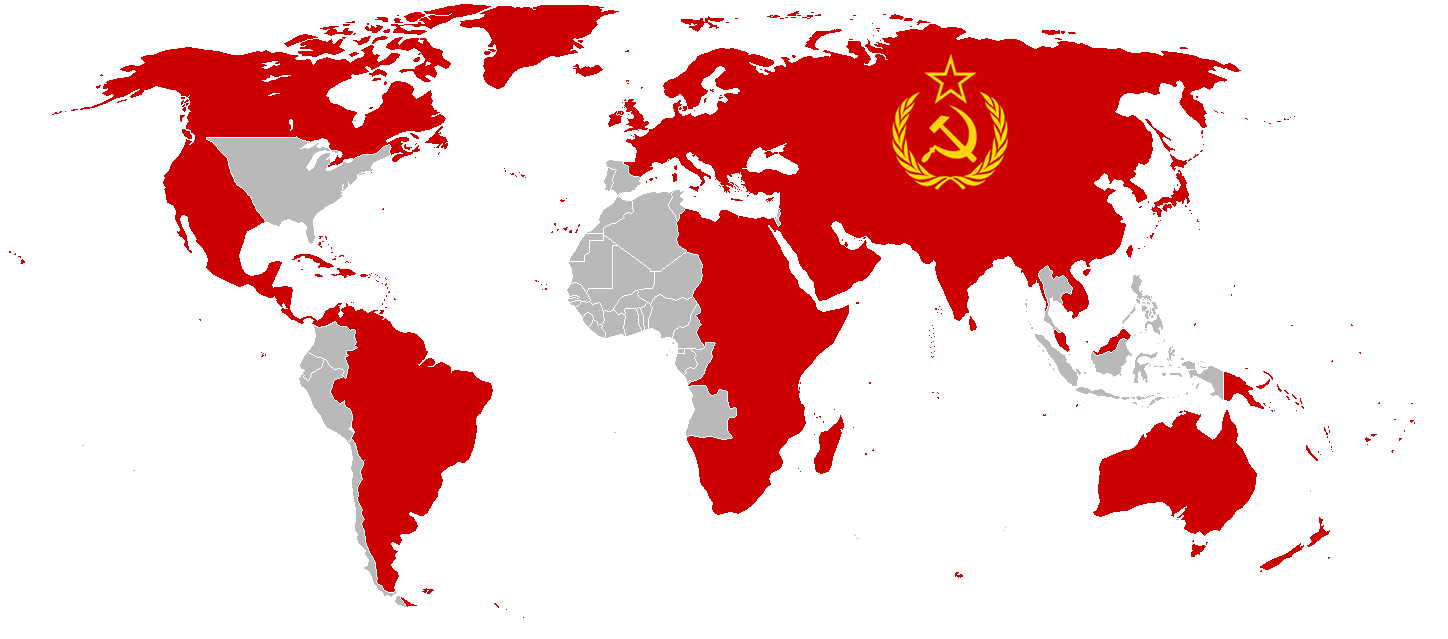America isn’t a democracy. It’s a Republic. Try again with Europe or other democratic nations.
:chefs-kiss: a bonafide classic, the yankee liberal’s ultimate retreat-and-defend move
Always point out to them that China is republic too.
Better yet, point out that China is more democratic and watch them seethe
EU is very democratic, look at Greece.
Intelligence is knowing the US is not a democracy. Being a complete fucking idiot is thinking that’s because it’s a republic.
The whole myth of the American Revolution was that the Americans were fighting for their individual freedoms from the European colonial powers. They wrote a masturbatory declaration of independence about how this will be the land of personal freedom and individual rights. It’s America’s big thing, its source of national pride.
The same people who believe that, the people who fetishize Benjamin Franklin and blabber endlessly about the Federalist Papers and watch the Hamilton musical weekly, will then turn around and say America was not even intended to be democratic from the beginning. They hold two wholly incompatible mythologies.
Quote from the American Declaration of Independence:
… to secure these rights, Governments are instituted among Men, deriving their just powers from the consent of the governed
This is clearly a call for a democracy. Chuds can squabble about what kind of democracy it was intended to be (no need to bring up the practical absence of genuine democracy) but the intent has always been unambiguous.
“the great mass of people don’t have any power”
“ah but we’re not supposed to. we’re just not a monarchy”
not the airtight case they think it is
The motte-and-bailey fallacy (named after the motte-and-bailey castle) is a form of argument and an informal fallacy where an arguer conflates two positions that share similarities, one modest and easy to defend (the “motte”) and one much more controversial and harder to defend (the “bailey”). The arguer advances the controversial position, but when challenged, insists that only the more modest position is being advanced. Upon retreating to the motte, the arguer can claim that the bailey has not been refuted (because the critic refused to attack the motte) or that the critic is unreasonable (by equating an attack on the bailey with an attack on the motte).
Albert Einstein agreed and he seemed like a pretty smart dude:
Private capital tends to become concentrated in few hands, partly because of competition among the capitalists, and partly because technological development and the increasing division of labor encourage the formation of larger units of production at the expense of smaller ones. The result of these developments is an oligarchy of private capital the enormous power of which cannot be effectively checked even by a democratically organized political society. This is true since the members of legislative bodies are selected by political parties, largely financed or otherwise influenced by private capitalists who, for all practical purposes, separate the electorate from the legislature. The consequence is that the representatives of the people do not in fact sufficiently protect the interests of the underprivileged sections of the population. Moreover, under existing conditions, private capitalists inevitably control, directly or indirectly, the main sources of information (press, radio, education). It is thus extremely difficult, and indeed in most cases quite impossible, for the individual citizen to come to objective conclusions and to make intelligent use of his political rights.
famous tankie, Albert Einstein.
Dude loved Lenin and Stalin.
Stalin, really? But I thought he would be critical of Stalin, considering he thought Lenin’s policies were unadvisable but necessary as a last resort, and he supports Lenin, so I thought Einstein wouldn’t be too keen on Stalin but just rather critically supportive…
Edit: I edited my comments for clarification
No. Einstein was a lifelong defender of the Bolsheviks, and stood by Stalin even during and after the purges. The man staunchly supported USSR even when it became controversial post-ww2. He is the highest profile advocate of the USSR during ww2.
Given that he was a socialist before ww2 began and that the USSR rescued jews it actually shouldn’t be that surprising that a jew who lived in germany during the peak of antisemitism before the war and escaped the nazis would be quite supportive of Stalin.
We don’t know too much about his opinion of lenin’s policies, he was vague about it. I prefer to think he sees Lenin’s approach as unadvisable because of how incredibly difficult it was and how Lenin spent his entire life on it, sacrificing himself, and arguably cut his life short. Most people think the wound he took in the attempted assassination probably contributed to his early death.













